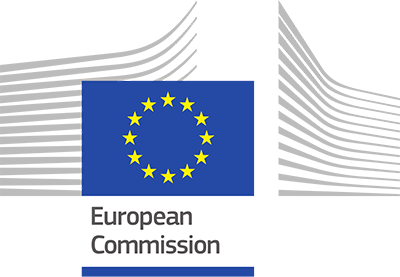
A November paper by the European Commission presents an IP rights and piracy action plan for regulators.
According to the paper, “The (European) Commission will, together with stakeholders and IP offices, explore the use of new technologies such as AI and blockchain to further improve the effectiveness of our IP systems. In fact, new technologies can help facilitate the protection of IP, improve transparency, allow for a smoother distribution of license fees, and more effectively tackle counterfeiting and piracy.”
- The EU’s IP system is fragmented, with procedures that are complex and costly and that sometimes lack clarity.
- Companies and researchers do not make full use of the opportunities offered by IP protection.
- Tools to facilitate access to IP (and therefore allow the take up and diffusion of technologies) are insufficiently developed.
- Counterfeiting and piracy are still thriving, including by taking advantage of digital technologies.
- There is lack of fair play at global level and EU businesses often lose out when operating abroad.
- Upgrade the system for IP protection,
- Incentivise the use and deployment of IP, notably by SMEs,
- Facilitate access to and sharing of intangible assets while guaranteeing a fair return on investment,
- Ensure better IP enforcement, and
- Improve fair play at global level.
Read the EC paper: Communication from the Commission to the European Parliament, The Council, The European Economic and Social Committee and the Committee of the Regions”
Why it matters
“In today’s economy, industrial products and processes increasingly rely on intangibles protected by IPRs, and sound intellectual property (IP) management has become part and parcel of any successful business strategy.”
The paper reports that annual investments in “Intellectual Property Products” have grown by 87% over the past 20 years, compared with about 30% for tangible investments. “IPR-intensive industries currently account for almost 45% of Europe’s GDP and directly contribute to the creation of almost 30% of all jobs,” it said.
Therefore, more than ever, “well-calibrated IP policies (that) help companies capitalise on their inventions and creations, whilst at the same time ensuring that inventions and creations are serving the economy and society at large” should be put into place.












